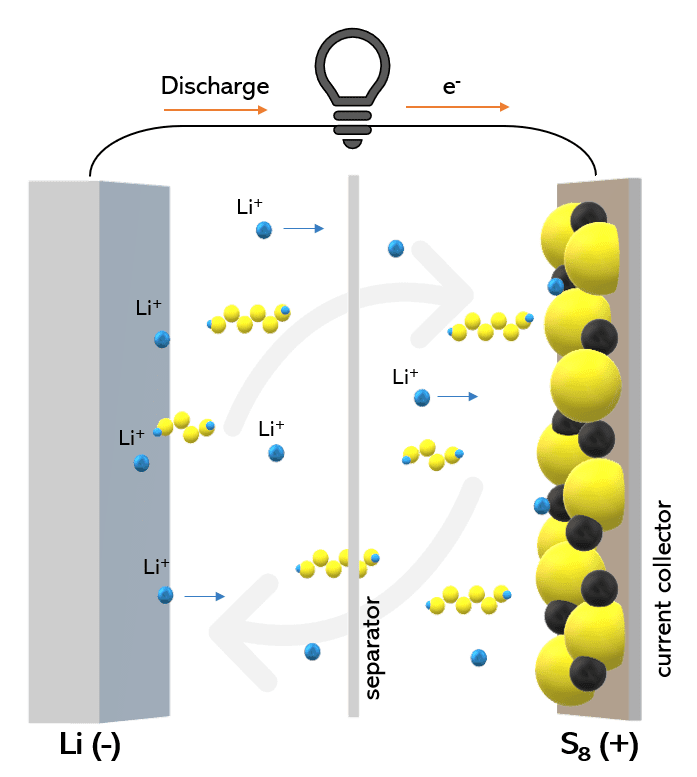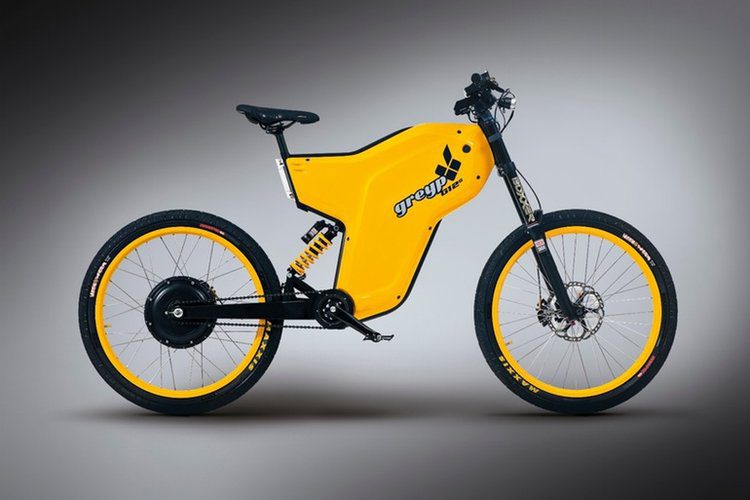
British Oxis Energy intensively develops lithium sulfur batteries
The British company Oxis Energy received a grant of almost PLN 34 million for the development of lithium-sulfur (Li-S) cells. Through the LiSFAB (Lithium Sulfur Future Automotive Battery) project, the manufacturer wants to create lightweight, high-density energy storage cells that will be used in trucks and buses.
Lithium Sulfur Cells / Batteries: Lightweight but unstable
Table of contents
- Lithium Sulfur Cells / Batteries: Lightweight but unstable
- Oxis Energy has an idea
Lithium-sulfur (Li-S) batteries are the hope of small electromobility (bicycles, scooters) and aviation. Replacing cobalt, manganese and nickel with sulfur, they are much lighter and cheaper than current lithium-ion (Li-ion) cells. Thanks to sulfur, we can achieve the same battery capacity with 30 to 70 percent less weight.
> Li-S batteries - a revolution in aircraft, motorcycles and cars
Unfortunately, Li-S cells also have disadvantages: batteries release charge in an unpredictable manner, and sulfur reacts with electrolyte during discharge. As a result, lithium sulfur batteries are disposable today.
Oxis Energy has an idea
Oxis Energy says it will find a solution to the problem. The company wants to create Li-S cells that will withstand at least several hundred charge / discharge cycles, and have an energy density of 0,4 kilowatt-hours per kilogram. For comparison: the cells of the new Nissan Leaf (2018) are at 0,224 kWh / kg.
> PolStorEn / Pol-Stor-En has started. Will electric cars have Polish batteries?
To do this, the researchers collaborate with University College London and Williams Advanced Engineering. If the process goes well, Li-S Oxis Energy will go to trucks and buses. It is only one step from here to their use in electric vehicles.
This may interest you:

